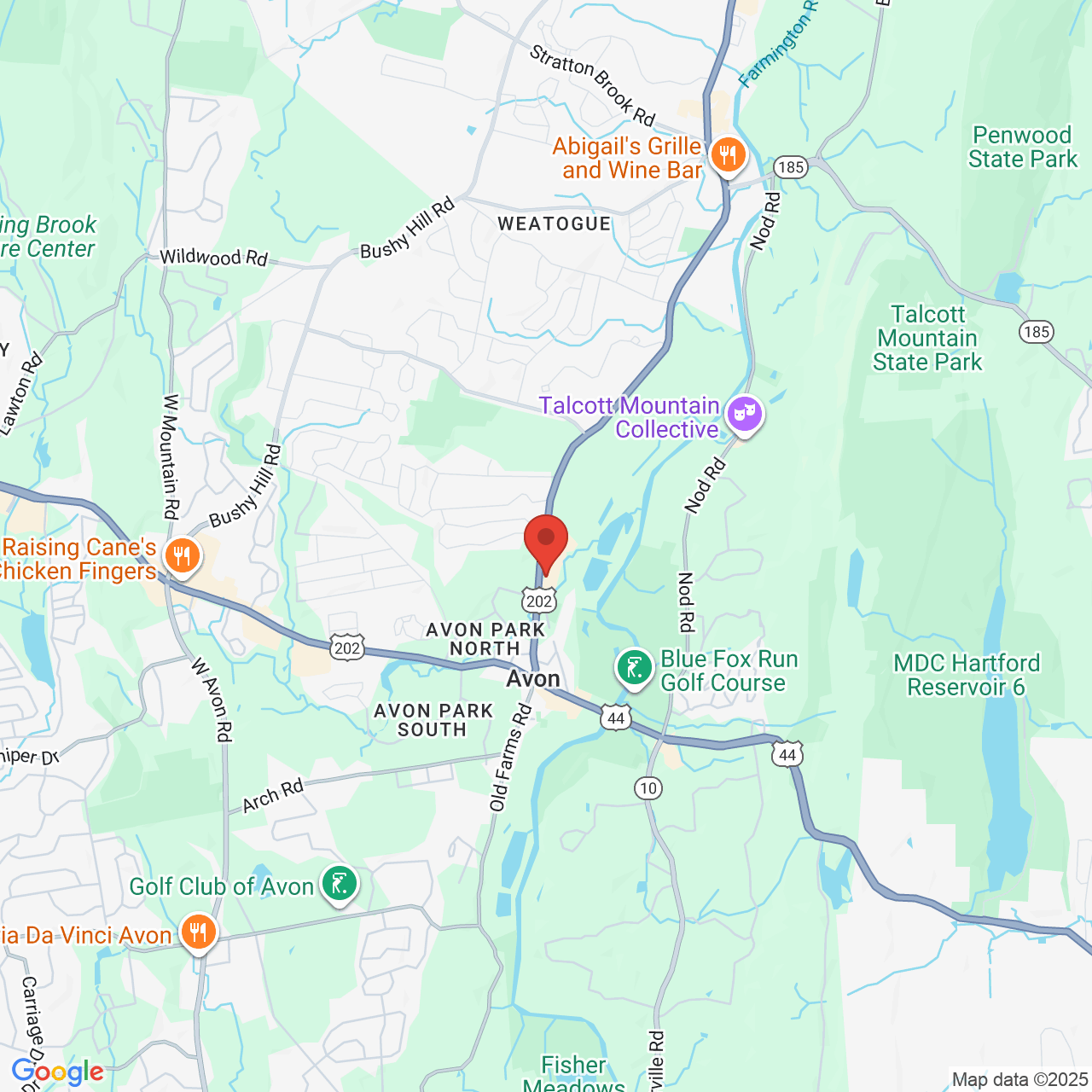
Plantar Fasciitis
What Is Plantar Fasciitis?
Plantar fasciitis is the inflammation of the plantar fascia, a band of tough, fibrous tissue that runs from your heel to the ball of your foot and toes. This condition is regarded as one of the most common causes of chronic heel pain in adults. In the majority of cases, plantar fasciitis develops without a singular, determinable reason.
What Are the Symptoms of Plantar Fasciitis?
The most common symptom of plantar fasciitis is pain — which may be dull or sharp — and stiffness in the bottom of your heel. Additionally, the bottom of the affected foot may ache or burn.
Many who suffer from this inflammation disorder notice that pain is often worse at specific times of the day or when engaging in certain activities, such as:
- When taking your first steps after getting out of bed in the morning
- After sitting or standing for an extended period
- While walking, running, or after intense activity

Our foot and ankle surgeons understand that the severity and frequency of pain or discomfort vary among individuals; if pain in your heel or along the bottom of your foot keeps you from living your life to the fullest, it’s crucial to get in touch with us for a proper diagnosis. Our doctors may take X-rays to further evaluate the condition of tendons, calf muscles, and plantar fascia that could be contributing to your pain.
Causes of Plantar Fasciitis
Anything that irritates or damages the plantar fascia can result in plantar fasciitis, including:
- Playing spots
- Exercising or working on hard surfaces
- Wearing shoes or other footwear that do not provide proper foot support
Certain health conditions can make someone more prone to developing plantar fasciitis as well, including flat feet and high arches. Fortunately, there are several treatment options that don't involve surgery on your foot or plantar fascia.

What Patients Are Saying About Our Hartford County, CT, Practice
Total respect...this group is fabulous. Complete recovery from Plantar Fasciatis in a friendly and caring environment. I would recommend them highly
View on GoogleDr Balloch was very thorough and provided immediate relief. Not to mention the staff is incredible too. Very friendly!! Highly recommend this office!!
View on Google







